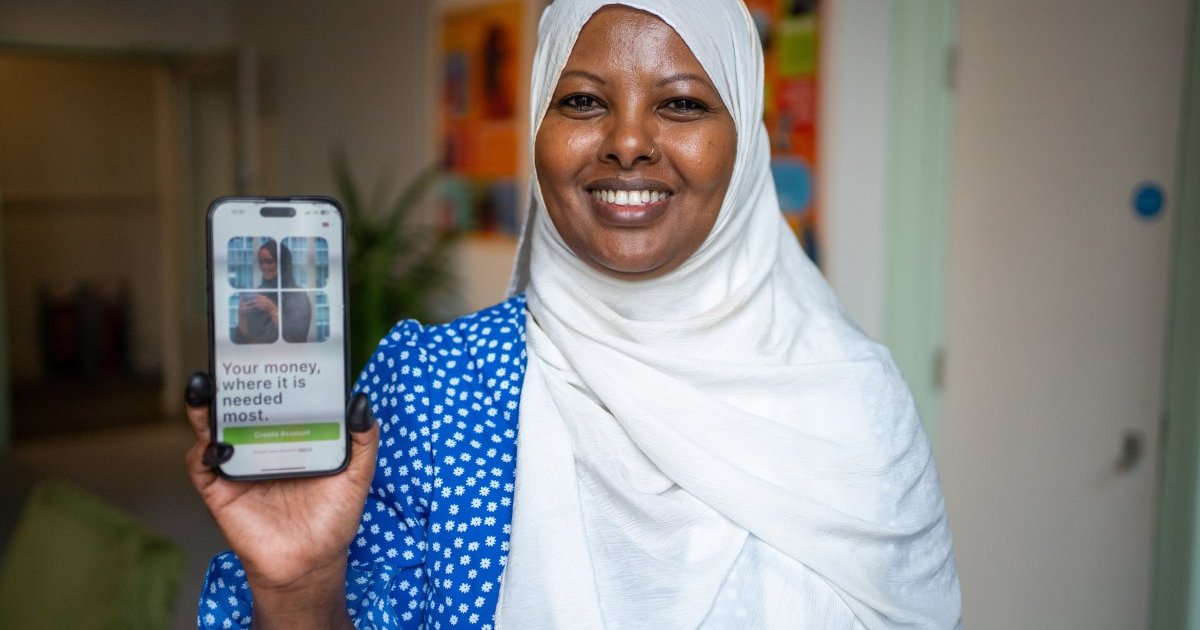
Geneva, 16 June 2025 – Against a backdrop of economic uncertainty, conflict, and rising inequality, one financial flow has remained remarkably steady: the money migrants send home. On the International Day of Family Remittances, the International Organization for Migration (IOM) celebrates the powerful role of migrants and diaspora communities in supporting families and driving development worldwide through remittance flows.
“When migrants send money home, they are doing far more than providing for their families,” said IOM Director General Amy Pope. “They are building stronger communities, boosting local economies, and helping entire regions recover and grow. Remittances support children’s education, allow women to start businesses, and provide a vital cushion in times of crisis. When invested wisely, they are a powerful tool for development that benefits both countries of origin and destination.”
In 2024 alone, migrants sent an estimated USD 700 billion to low- and middle-income countries. These transfers now surpass official development assistance and foreign direct investment to those same countries, making remittances one of the most dependable sources of external financing.
More than just lifelines, remittances enable families to meet essential needs, from food and housing to education and healthcare. They also help communities recover and rebuild, supporting job creation, small businesses, and economic resilience, especially in areas affected by conflict and displacement.
Beyond their impact on families and communities back home, remittances also support host communities by stimulating local economies and strengthening social ties. Migrants provide a vital workforce for host countries, meeting labor gaps, and bolstering economic growth, creating a win-win situation.
IOM works globally to expand access to financial services, promote safe and regular migration pathways, and support migrants in contributing meaningfully to both their countries of origin and destination.
Despite their impact, remittance flows are often hindered by high transfer costs and limited access to financial services. IOM continues to advocate for lower transaction fees, expanded digital and financial tools, safer and regular migration pathways, and greater inclusion of diaspora communities in national development strategies.
As the international community prepares for the Fourth International Conference on Financing for Development in Seville, IOM calls on governments, financial institutions, and development partners to work together to create a supportive environment for remittances. Unlocking the full potential of these financial flows will help ensure that they contribute meaningfully to the achievement of the Sustainable Development Goals.
Please visit:
Our Sponsor
